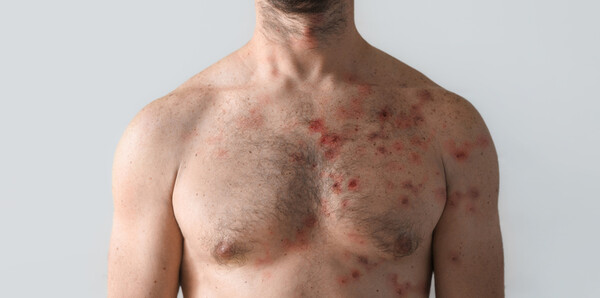As the number of mpox cases continues to rise in Korea, the country's quarantine authorities have decided to extend the target group for the third-generation mpox vaccine to include sexual minorities.

The quarantine authorities are using the third-generation mpox vaccines in two ways -- pre-exposure vaccination for doctors and nurses, and post-exposure vaccination for those who have been in contact with confirmed patients.
However, health officials plan to expand the pre-exposure group to include the general public who are at high risk of infection, according to the Korea Disease Control and Prevention Agency (KDCA)’s response to an inquiry submitted by Rep. Nam In-soon of the Democratic Party of Korea.
The number of people at high risk of infection is primarily men who have sex with men.
Based on the criteria of UNAIDS, the United Nations specialized agency for AIDS, the KCDA estimates that the high-risk group is about 170,000, which is 1 percent of the country's 17 million adult male population aged between 20 and 64.
"We are operating pre-exposure vaccination for healthcare workers and post-exposure vaccination for contacts," the KDCA said. "Considering the outbreak situation and the risk of infecting additional high-risk groups, we will expand the pre-exposure vaccination to those at high risk of infection after discussions with an expert committee."
High-risk vaccinations will be administered using the third-generation vaccine Jynneos, manufactured by Danish biotech firm Bavarian Nordic, with reservations starting on Wednesday and jabs on Monday.
Korea had previously introduced 10,000 doses of Jynneos in August of last year.
Jynneos received approval from the U.S. Food and Drug Administration (FDA) and the European Medicines Agency (EMA) for its effectiveness against both human and monkeypox.
Mpox pandemic possibility low
While the KDCA said it is considering expanding the vaccination group for mpox, there is a low possibility of the virus proliferating like Covid-19.
Unlike respiratory infectious diseases such as Covid-19 and MERS, where droplets are the primary route of transmission, the agency noted the low risk of transmission in the general population outside of high-risk groups because mpox is primarily spread through skin-to-skin and sexual contact with asymptomatic individuals.
"The recent outbreak of mpox cases has been steady and is not limited to a specific area, so sporadic outbreaks in the community are likely to continue," KCDA said. "However, considering the route and speed of transmission, there is a prevailing opinion that it is not at the level of concern for a pandemic like Covid-19."
As of Wednesday, Korea has confirmed a total of 52 mpox cases.
Of the 52 confirmed cases, 50 (96.2 percent) were men, with 47 (94 percent) in the 20-40 age group. The cause of transmission was primarily sexual contact.
Most cases in Korea are mild, with 30 people hospitalized, 22 discharged, and no reported cases of sequelae.

